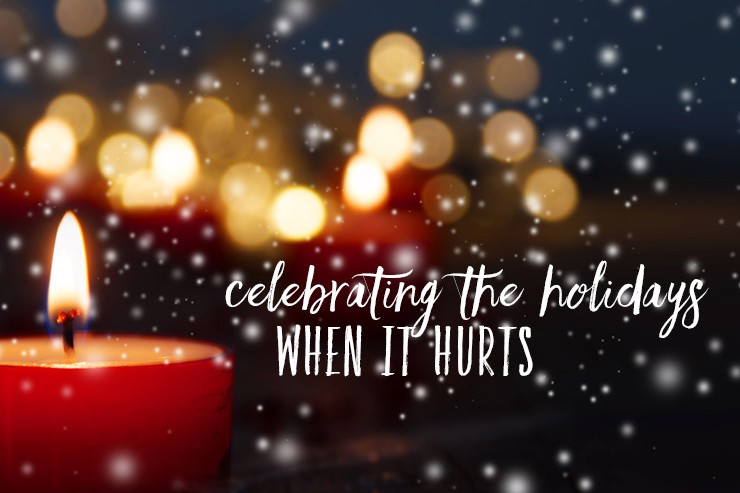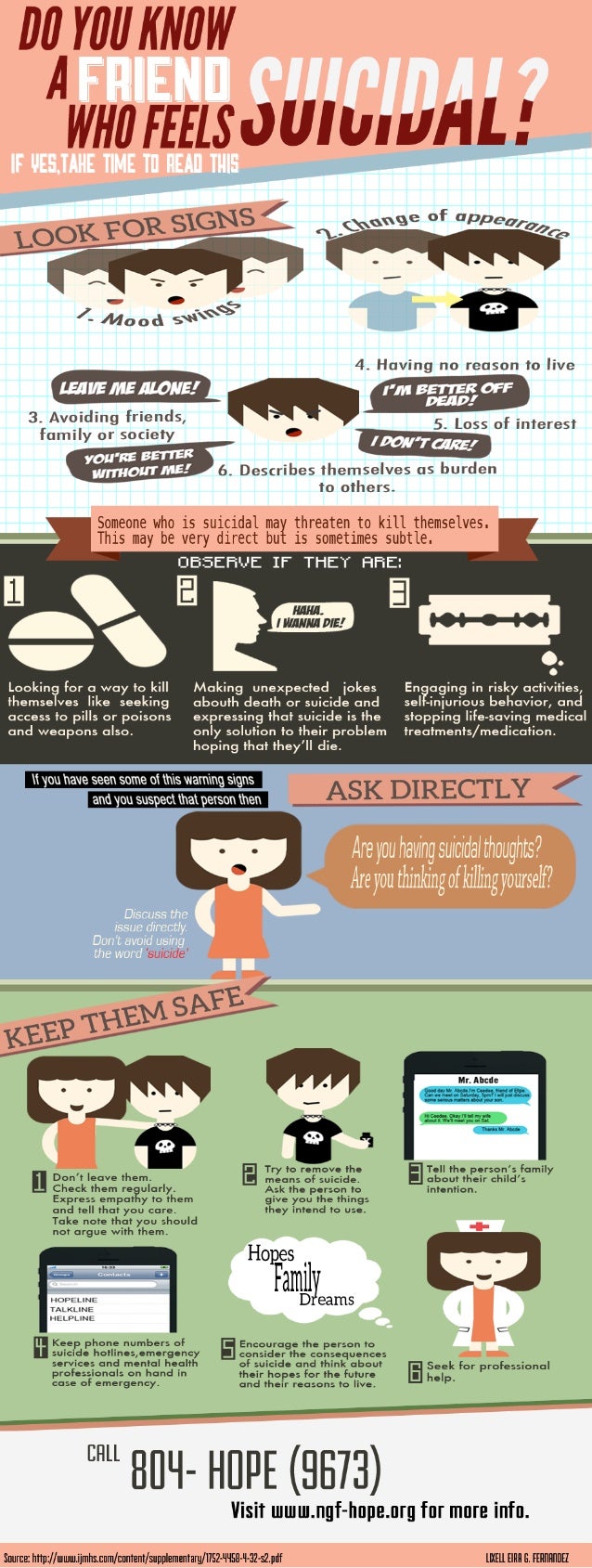According to the National Institute of Mental Health, approximately 1 in 5 Americans suffer from a treatable mental health condition. Yet, despite their high prevalence, far too many people fail to seek treatment at the first sign of trouble—most often due to fear … fear of being judged, being ridiculed, or labeled as “crazy.”
As this short video below illustrates, Mental Health America is dedicated to “stopping the crazy talk” and helping all Americans achieve wellness by living healthier lives, both mentally and physically.
Communication is a key part to building a healthy relationship. The first step is making sure you both want and expect the same things -- being on the same page is very important. The following tips can help you create and maintain a healthy relationship:
- Speak Up. In a healthy relationship, if something is bothering you, it’s best to talk about it instead of holding it in.
- Respect Your Partner. Your partner's wishes and feelings have value. Let your significant other know you are making an effort to keep their ideas in mind. Mutual respect is essential in maintaining healthy relationships.
- Compromise. Disagreements are a natural part of healthy relationships, but it’s important that you find a way to compromise if you disagree on something. Try to solve conflicts in a fair and rational way.
- Be Supportive. Offer reassurance and encouragement to your partner. Also, let your partner know when you need their support. Healthy relationships are about building each other up, not putting each other down.
- Respect Each Other’s Privacy. Just because you’re in a relationship, doesn’t mean you have to share everything and constantly be together. Healthy relationships require space.
Healthy Boundaries
Creating boundaries is a good way to keep your relationship healthy and secure. By setting boundaries together, you can both have a deeper understanding of the type of relationship that you and your partner want. Boundaries are not meant to make you feel trapped or like you’re “walking on eggshells.” Creating boundaries is not a sign of secrecy or distrust -- it's an expression of what makes you feel comfortable and what you would like or not like to happen within the relationship.
Remember, healthy boundaries shouldn’t restrict your ability to:
- Go out with your friends without your partner.
- Participate in activities and hobbies you like.
- Not have to share passwords to your email, social media accounts or phone.
- Respect each other’s individual likes and needs.
Healthy Relationship Boosters
Even healthy relationships can use a boost now and then. You may need a boost if you feel disconnected from your partner or like the relationship has gotten stale. If so, find a fun, simple activity you both enjoy, like going on a walk, and talk about the reasons why you want to be in the relationship. Then, keep using healthy behaviors as you continue dating.
If you’re single (and especially if you’re a single parent), don’t worry if you need a boost too! Being single can be the best and worst feeling, but remember relationships don’t just include your significant other and you. Think about all the great times you’ve had with your parents, siblings, friends, children, other family members, etc..
Try going out with the people you love and care about the most -- watch movies together, go out to eat, take a day off from your busy life and just enjoy being you! If it helps, also talk about your feelings about the relationships in your life. If you just want them to listen, start by telling them that. Then ask what makes relationships good and what makes them bad? Along the way, if you need advice, feel free to contact us. We’re here to help 24/7.
And don’t forget, the relationship you can always boost up is the one you have with yourself!
What Isn't a Healthy Relationship?
Relationships that are not healthy are based on power and control, not equality and respect. In the early stages of an abusive relationship, you may not think the unhealthy behaviors are a big deal. However, possessiveness, insults, jealous accusations, yelling, humiliation, pulling hair, pushing or other negative, abusive behaviors, are -- at their root -- exertions of power and control. Remember that abuse is always a choice and you deserve to be respected. There is no excuse for abuse of any kind.
If you think your relationship is unhealthy, it's important to think about your safety now. Consider these points as you move forward:
- Understand that a person can only change if they want to. You can't force your partner to alter their behavior if they don't believe they're wrong.
- Focus on your own needs. Are you taking care of yourself? Your wellness is always important. Watch your stress levels, take time to be with friends, get enough sleep. If you find that your relationship is draining you, consider ending it.
- Connect with your support systems. Often, abusers try to isolate their partners. Talk to your friends, family members, teachers and others to make sure you're getting the emotional support you need. Remember, our advocates are always ready to talk if you need a listening ear.
- Think about breaking up. Remember that you deserve to feel safe and accepted in your relationship.
Even though you cannot change your partner, you can make changes in your own life to stay safe. Consider leaving your partner before the abuse gets worse. Whether you decide to leave or stay, make sure to use our safety planning tips to stay safe. Remember, you have many options -- including obtaining a domestic violence restraining order. Laws vary from state to state so chat with a peer advocate to learn more.
Excerpt from http://www.loveisrespect.org/dating-basics/healthy-relationships














![[Infographic] Characteristics of a Good Digital Citizen - EdTechReview™ (ETR):](https://s-media-cache-ak0.pinimg.com/736x/28/de/10/28de104aef2fdd0ac062867a242df7a7.jpg)
































